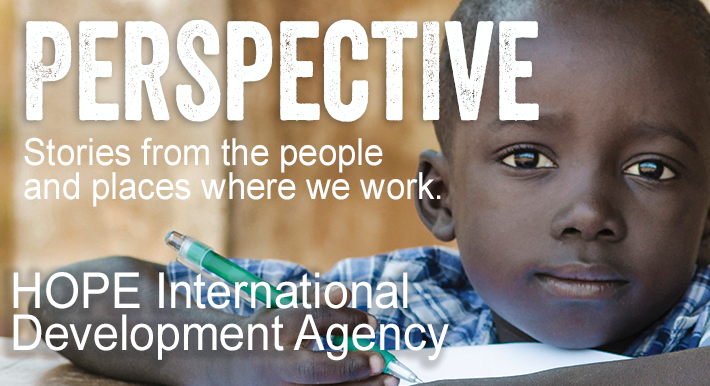In 1976 Muhammad Yunus, an economics professor at Chittagong University in Bangladesh, visited the poverty-stricken village of Jobra. While there he met a few women who were struggling to grow their businesses. He decided to lend them $27, with zero interest, and was surprised to have the loan repaid, in full, in a short period of time – this $27 no interest loan started the movement towards microfinance in the developing world.
Microfinance is the act of giving small, low-interest loans, to people in developing countries who wouldn’t otherwise be able to get one. These loans are often used to build small businesses and create sustainable sources of income.
In recent years, however, the effectiveness of many microfinance programs has come into question. This is largely due to creditors who behave like profiteers, charging high interest rates and having no interaction with the people receiving loans beyond meeting with them when the loan was provided.
It’s no surprise that many of these programs are ineffective when the organizations running them don’t have the borrower’s best intention at heart.
Microfinancing works when the focus is on helping the people you’re partnering with.
At HOPE International Development Agency, we embed ourselves into the communities that we’re supporting by offering training and advice, and we don’t charge exorbitant interest because our intention is not to profit from the people we’re partnering with. The modest amounts of interest that may be generated by loans is always invested in the community, helping them build up a local pool of money that can be used to help community members lift themselves out of poverty.
We work with community groups, cooperatives, and individuals, supporting them in using the loans to build sustainable income and savings. This means, for example, that women are able to successfully launch their own businesses, and families can buy livestock to raise and sell at the market to generate income.
Families participating in our community-owned microfinance programs consistently see positive results because we are invested in the success of each of community group, cooperative, and individual.
Microfinance is one of the many ways your support enables families to own their success and their future.
skip to main |
skip to sidebar
Visit HOPE International Development Agency today and learn more about our focus on clean water, food security and livelihoods that unlock opportunities for families experiencing extreme poverty.

